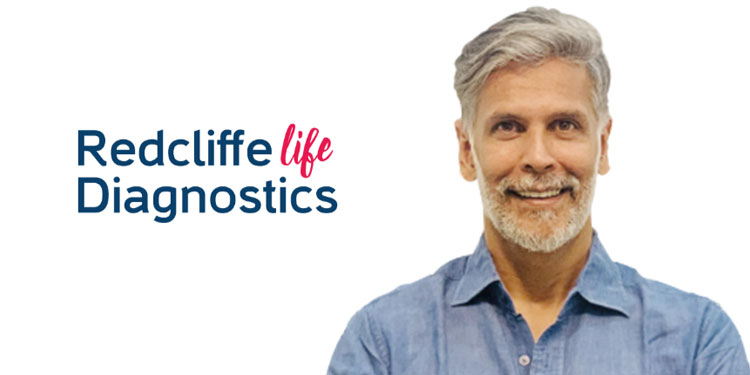Redcliffe Life Sciences, located in New Delhi, announced a *$61 million funding round led by LeapFrog Investments on Friday (LeapFrog).
Other investors in the round included Healthquad, Schroders, LC Nueva, and Growth Spark Ventures, as well as current investors Chiratae Ventures and Alkemi Venture Partners.
The startup raised $10 million in its Series A fundraising round last year.
The diagnostic platform will utilize the funding to extend its low-cost but high-quality direct-to-consumer diagnostics into Tier-II, III, and IV cities, providing affordable, speedy, and accessible pathology services to millions of households.
According to Dheeraj Jain, founder of Redcliffe Lifetech, preventative medicine aims to empower the common Indians with the information they need to take care of their health and welfare. "Redcliffe has created a one-stop diagnostic shop, offering a wide range of tests and bringing treatment closer to the client." This investment will help us scale to fulfil our aim of reaching over 500 million Indians in the next five years,"
Redcliffe will also use the funds to extend its platform and expand its product offerings including radiography, illness data profiling, and lifestyle management in an attempt to reform India's healthcare focus from treatment to early diagnosis and prevention.
Across 14 cities, Redcliffe Diagnostics operates 22 state-of-the-art labs.
Its unique omnichannel infrastructure — which combines an online channel with a fleet of 400 phlebotomists operating in 100+ cities with home sample collection and an offline network of 500 collection centers — enables the company to offer over 3,500 different pathology and highly specialized tests, including genetics at affordable prices around 25-60 percent less than traditional competitors.
The company's current annualized sales run rate, according to Jain, is approximate $55- $60 million.
Redcliffe's low-cost diagnostics are intended to help reduce the burden of noncommunicable diseases (NCDs), such as heart disease, cancer, and diabetes, which harm over six million Indians each year.

 According to Dheeraj Jain, founder of Redcliffe Lifetech, preventative medicine aims to empower the common Indians with the information they need to take care of their health and welfare. "Redcliffe has created a one-stop diagnostic shop, offering a wide range of tests and bringing treatment closer to the client." This investment will help us scale
According to Dheeraj Jain, founder of Redcliffe Lifetech, preventative medicine aims to empower the common Indians with the information they need to take care of their health and welfare. "Redcliffe has created a one-stop diagnostic shop, offering a wide range of tests and bringing treatment closer to the client." This investment will help us scale










.jpeg)











.jpg)








